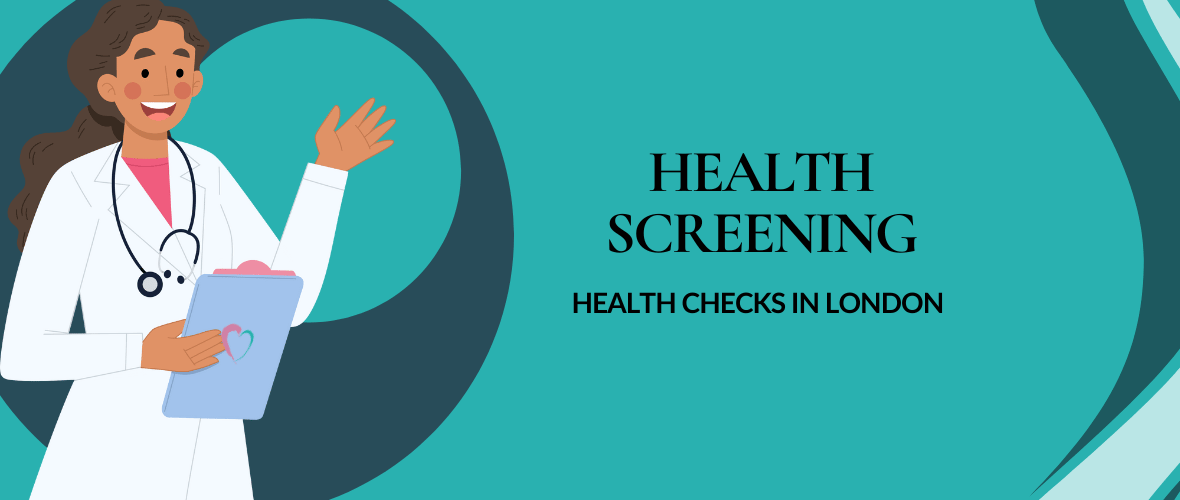We have seen thousands of patients for various health screenings, from routine blood testing to full head-to-toe Wellman and Wellwoman examinations. For each age group, there are specific health screenings that are suitable and in this guide, we list the kinds of health screenings you should consider by age group.
Adults aged 19 – 35
In this age group, for most people, you may not have developed any symptoms or have many health concerns. You may have some mild symptoms that come and go or a musculoskeletal issue which keeps giving you trouble.
But this is the time of life when setting a healthy and solid foundation and a healthy testing routine, can make the difference in terms of your current and future health.
For most people, their family history will not yet impact them but there might be indicators on blood tests that your markers may be changing for the worse. The only way to find out is through routine testing and health screening.
Here are some key health screenings to incorporate in your health routine:
- Pelvic Exam & Pap Smear: to screen for cervical cancer and HPV.
- Breast Health Education: awareness about breast self-exams and understanding breast changes.
- Testicular Exam: awareness and self-examination for testicular cancer starting in adolescence.
- Blood Pressure Screening: hypertension is one of the most common conditions in the UK, and signs of it can begin for some people, in their 20s and 30s.
- Cholesterol Screening: elevated cholesterol does not show any symptoms until very serious. Especially if you do not have the healthiest lifestyle or have a family history of heart disease or stroke, you should consider an annual blood test to make sure your cholesterol levels are normal. Our lipid profile in our Silver profile provides a comprehensive and detailed look at your lipids.
- Sexually Transmitted Infection (STI) Screening: Routine testing is a great habit. Most STIs don’t show symptoms until serious and can cause long-term complications.
- Breast Ultrasounds: routine breast ultrasounds as part of a health screening can be helpful for peace of mind and prevent advancement of breast cancer.
- Nutritional & Hormonal Deficiencies: especially if you’re feeling tired or not yourself, testing for vitamin and nutrient deficiencies, low testosterone and thyroid changes is a good idea.
Adults Aged 35 +
In this age group, you will continue the health screenings relevant to you above and add on a few more:
- An annual health screening: nothing beats a head-to-toe, proper time with a doctor and getting all your checks done at once. Most patients who engage in routine health screening have better life expectancy and quality of life.
- Diabetes Screening: diabetes is an illness which is known as a the “silent killer” because it rarely shows symptoms until serious. A simple screening can prevent you developing type II diabetes by catching it early.
- Colorectal Cancer Screening: with options for colonoscopy, stool tests, or other methods, to help prevent bowel cancer.
- Vision &Hearing Tests: regular checks to monitor changes in eyesight and hearing.
- Mammogram: Begin annual or biennial screenings at age 40, depending on risk factors.
- Bone Density Test: discuss with a doctor around age 50, especially if at risk for osteoporosis or have symptoms.
- Testosterone Level Screening: “Andropause” is a real thing! Lowered testosterone can have an impact on vitality and libido.
Health screenings are vital for preventive care and can significantly impact overall well-being. Staying informed about which screenings are appropriate for your age allows for proactive health management.
Regular check-ups and being attentive to your body can lead to a healthier, happier life – don’t wait to have symptoms to test.







